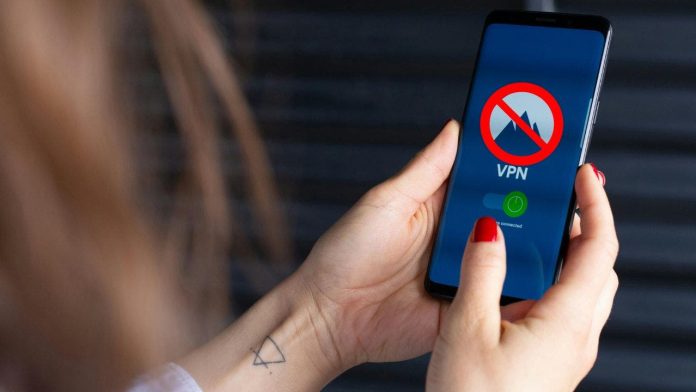Virtual private networks (VPNs) are crucial for safeguarding your data and privacy. They establish a secure, encrypted connection between your device and the internet, concealing your IP address and shielding your online activities.
While numerous apps claim to provide VPN services, not all of them are trustworthy. Some are fraudulent attempts to steal your information.
In the third quarter of 2024, security researchers noted a 2½ times increase in users encountering fake VPN apps globally compared to the previous quarter. These apps were either malware or tools that could be exploited by malicious entities.
Delving into the rise of fraudulent VPN apps and how you can protect yourself.
A VPN on a cellphone (Kurt “CyberGuy” Knutsson)
Insights into the surge of fake VPN apps
Kaspersky highlighted that cybercriminals are exploiting individuals seeking free VPN services. In May 2024, law enforcement dismantled a botnet called 911 S5, leveraging various free VPN services like MaskVPN, DewVPN, PaladinVPN, ProxyGate, ShieldVPN, and ShineVPN to establish this botnet.
What is Artificial Intelligence (AI)?
Installation of these VPN apps transformed users’ devices into proxy servers, redirecting someone else’s internet traffic.
This extensive network extended over 19 million unique IP addresses in 190 countries, potentially creating one of the largest botnets. Operators of the botnet sold access to these compromised devices to other criminals for cyberattacks, financial crimes, and fraud.

A VPN on a laptop (Kurt “CyberGuy” Knutsson)
HOW TO REMOVE YOUR PRIVATE DATA FROM THE INTERNET




